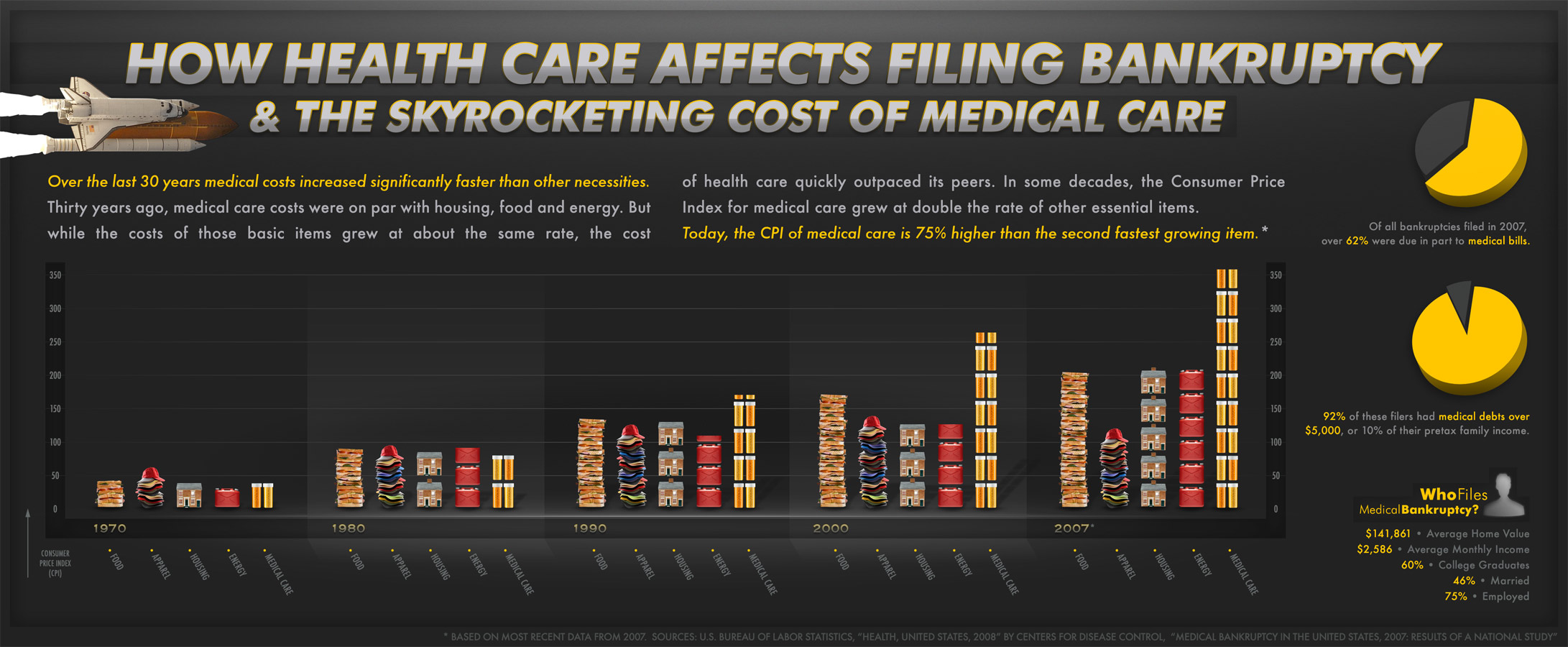Foreclosure In Raleigh: How a Bankruptcy Lawyer Can Save Your Home
Raleigh, North Carolina, was hit particularly hard by the housing crisis. As the nation begins to slowly climb its way out of the most recent recession, the housing market has made significant recovery strides in many parts of the country. Raleigh, however, remains in state of foreclosure crisis. According to Realty Trac, Raleigh ranks third on a list of 20 cities where the foreclosure rate remains high and is likely to increase in 2013. If you’re dangerously close to losing your home to foreclosure, a bankruptcy filing could let you keep your house. Here’s how it can work for you:
File Bankruptcy to Save Your Retirement? Why It’s Actually a Smart Choice
With the economy continuing its slow recovery, research data suggests that seniors are filing bankruptcy in higher numbers than ever before. According to a recent article from TheStreet.com, approximately 25.3 percent of all bankruptcies filed in 2011 involved individuals who were aged 55 or older. The cause? Living expenses, including medical expenses, are increasing while their income is decreasing. Even though government programs like Social Security and Medicare are intended to bridge the gap, seniors often find themselves coming up short and racking up debt as a result.
The Benefits of Bankruptcy
After the current bankruptcy law went into effect in 2005, many people were left with the impression that bankruptcy relief was no longer available or too difficult to obtain. Nothing could be further from the truth.
Who Files Chapter 13 Bankruptcy?
In October 2005, the laws which govern Chapter 13 bankruptcy changed. One of the more significant ways the law changed dealt with the eligibility requirements for filing for Chapter 7 and Chapter 13 bankruptcy.
Bankruptcy Property Exemptions
The process of bankruptcy offers debtors a clean slate when they are overwhelmed by financial burdens. Once a bankruptcy case is completed, however, the debtor will still need basic possessions and assets to move their life forward. Fortunately, the Bankruptcy Code recognizes these basic needs and provides a variety of property exemptions for debtors. If property is exempt, it will not be subject to the seizure of creditors.
Bankruptcy Fast Facts
Bankruptcy Fast Facts

